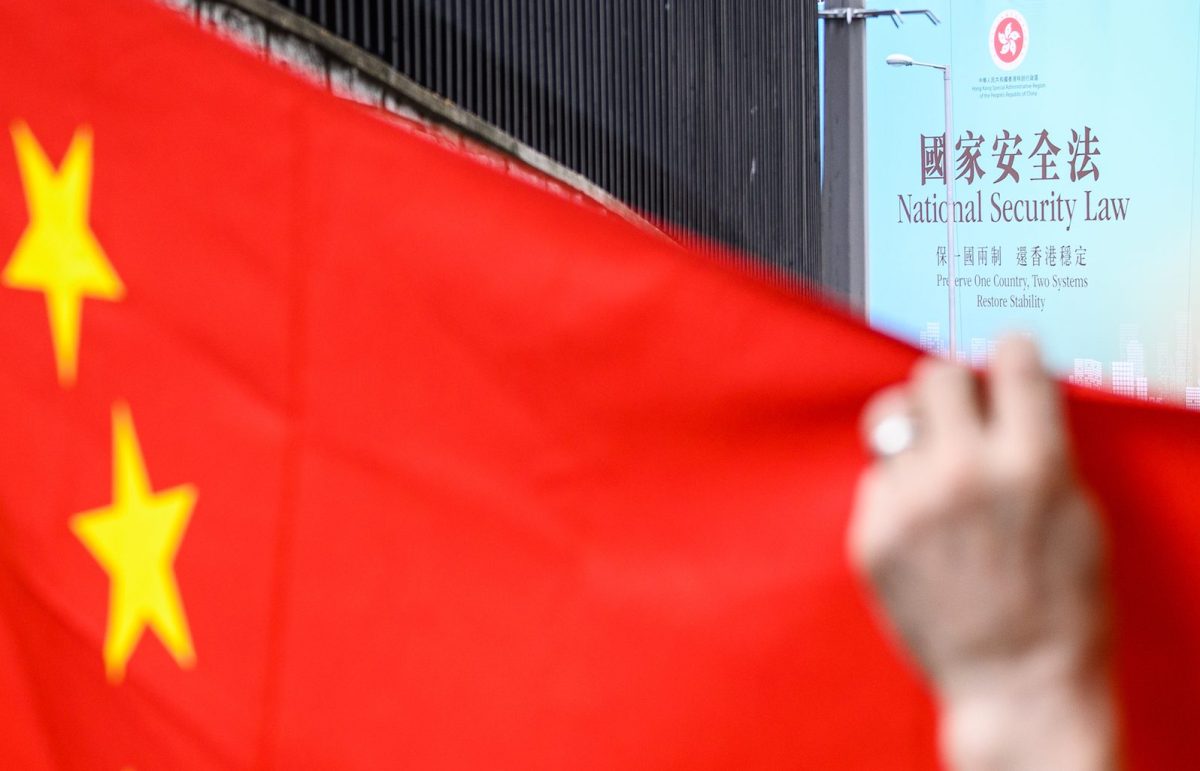[ad_1]
Hong Kong has decided against using a jury for the first trial under a sweeping national security law imposed by Beijing, a legal source with direct knowledge of the case said on Monday.
Secretary for Justice Teresa Cheng informed the defendant’s legal team in early February, citing “the personal safety of jurors and their family membersâ€, the source said.
Instead the trial will be heard by three judges who have been appointed to try national security cases.
A Department of Justice spokesperson declined to comment because proceedings were ongoing.
The spokesperson for the judiciary also declined to comment “on individual casesâ€.
Trial by jury has been used by Hong Kong’s common law legal system for 176 years and is described by the city’s own justice department as one of the judiciary’s “most important featuresâ€.
But the new national security law, which was imposed by fiat last June, allows for trials to be heard by dedicated national security judges in some circumstances.
The first person to face trial is Tong Ying-kit, a 23-year-old man arrested the day after the law came in to effect for allegedly driving his motorbike into a crowd of police officers while flying a protest flag.
Currently on remand, he is charged with terrorism and inciting secession – two new national security crimes – and faces up to life in prison if convicted.
His case is being handled by the High Court’s Court of First Instance, where trials are usually heard by a judge alongside seven to nine jurors.
According to the legal source, the Secretary for Justice invoked Article 46 of the national security law, which states three instances where juries can be scrapped for national security crimes.Â
They are protecting state secrets, cases involving foreign forces and protecting the personal safety of jurors and their families.
Hong Kong’s Bar Association had previously raised concerns about that provision.Â
“The right to trial by jury can be taken away by the Secretary for Justice on certain grounds without any residual discretion in this regard being left with the courts,†the association said shortly after the law was published.
The legal source said Tong’s defence team were considering their next step.
“The only possible way to fight is via judicial review,†the source said.
Hong Kong’s internationally respected legal system has come under sustained pressure in the politically charged wake of 2019’s huge pro-democracy protests and Beijing’s subsequent crackdown.
The national security law imposed by Beijing has silenced dissent and dented the legal firewall between the business hub and the mainland.
Senior Chinese politicians, state media outlets as well as leading pro-Beijing figures and newspapers in Hong Kong have also lobbied for reforming the judiciary or criticized recent judgments and sentences they dislike.Â
Opponents fear those calls could presage the arrival of a legal system more akin to the authoritarian mainland.
Inside China, criminal courts have no juries, answer to the party and have a near-universal conviction rate.
– AFP
[ad_2]
Source link














